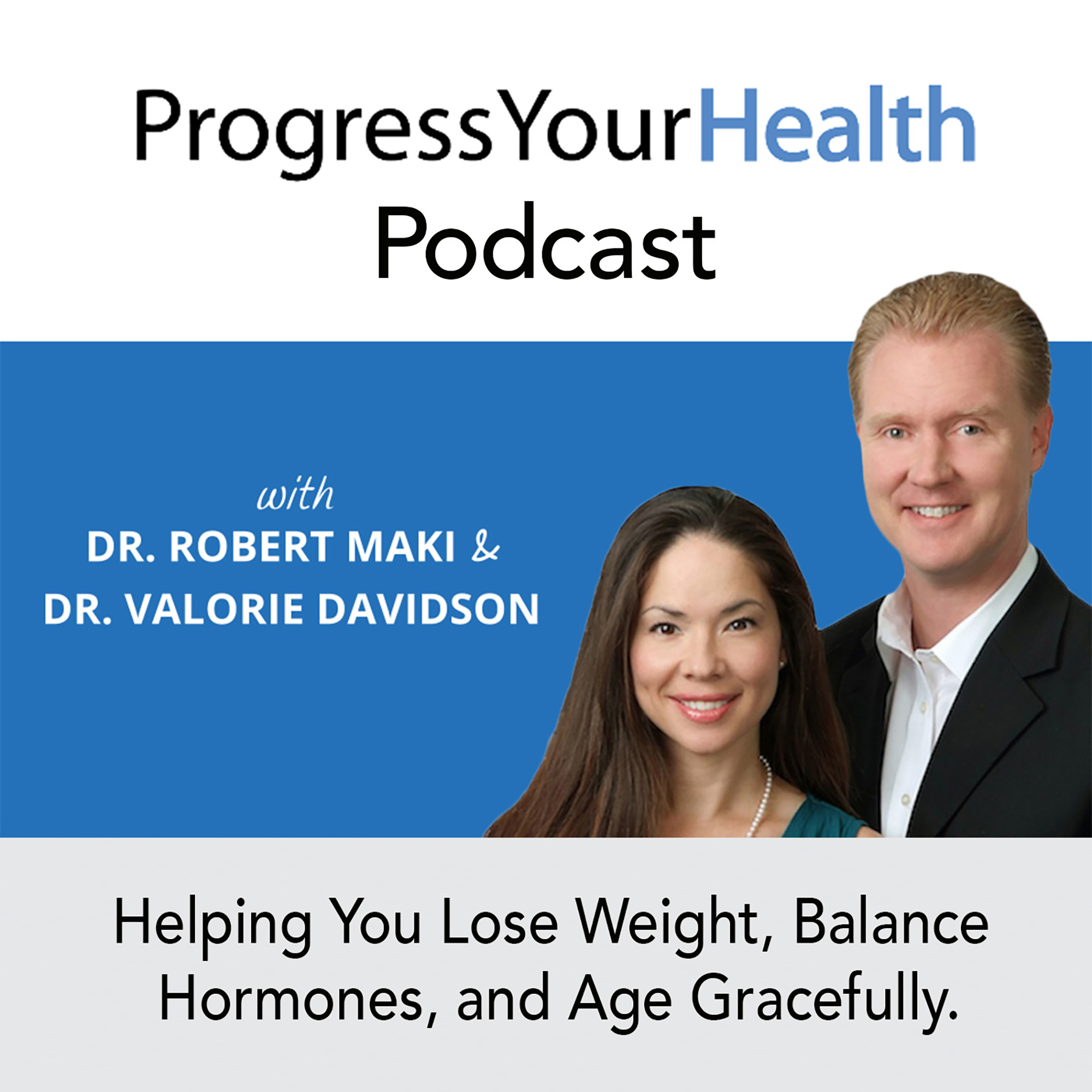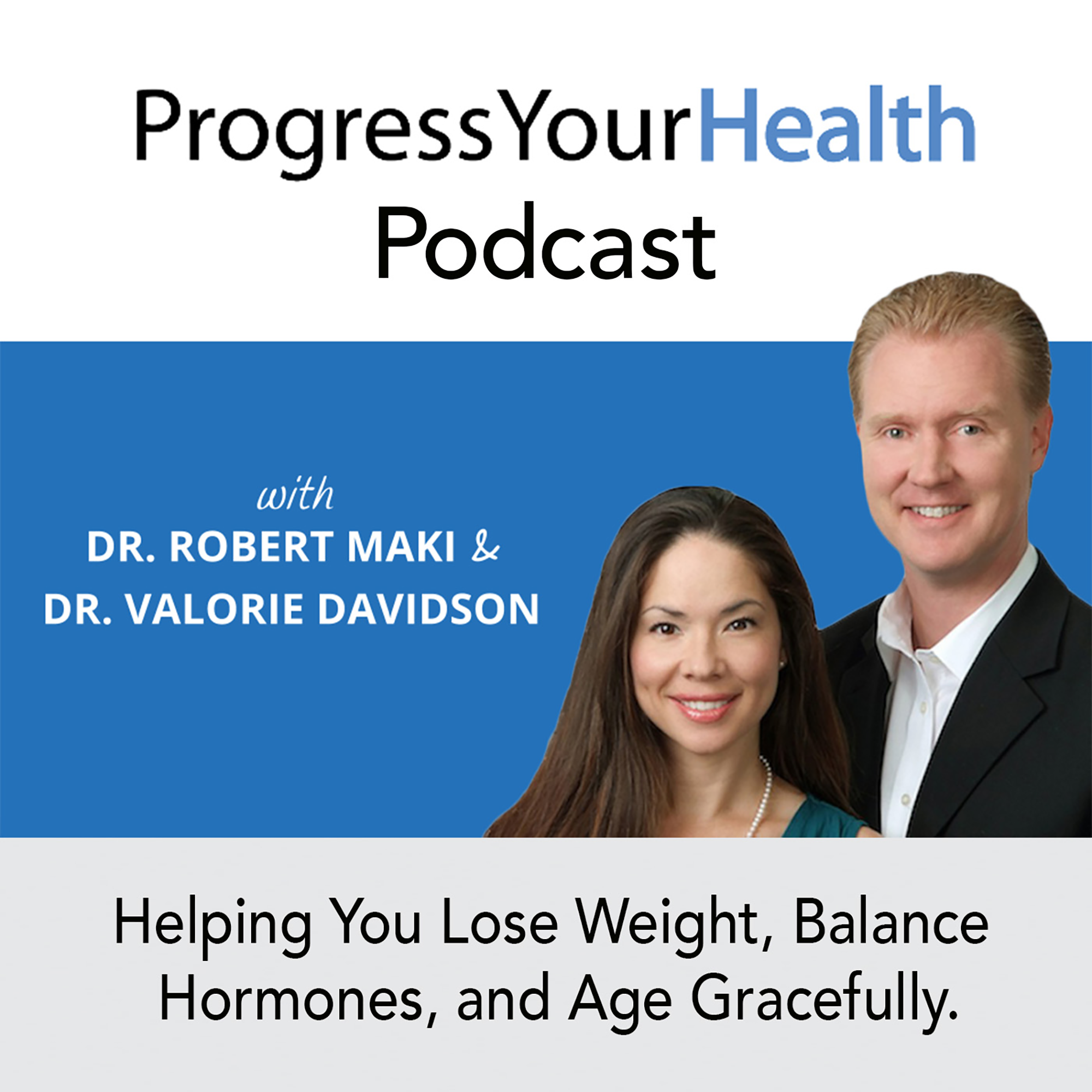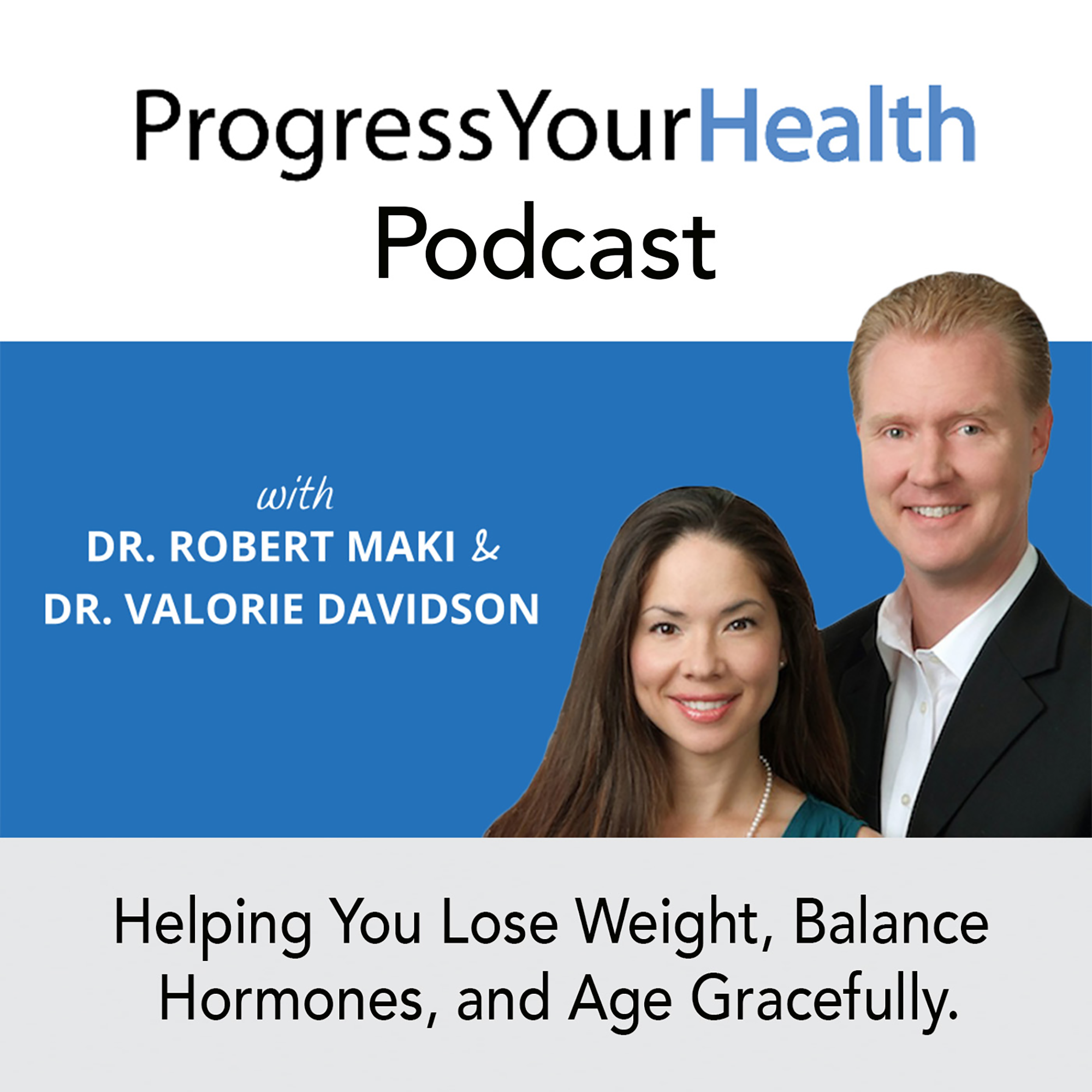Does progesterone make you tired? It is a lot more complicated than a yes or no answer. In this episode, we are going to explain this question in full detail.
We are going to talk about:
Progesterone is a common type of hormone replacement and is an excellent treatment for many of the symptoms associated with hormone imbalances that occur during Premenstrual Syndrome (PMS), perimenopause and menopause.
We are also going to talk about how progesterone can help with symptoms of hormone imbalance. One of the most common symptoms is insomnia. Progesterone is fantastic for sleep. It is particularly helpful for helping women both fall asleep and stay asleep throughout the night.
Many women complain of waking multiple times during the night or are awake for hours in the middle of the night. We are going to talk about how progesterone can help with healthy sleep.
We are also going to talk about what forms and doses of progesterone help the most with sleep, mood, and energy. How some forms of progesterone do not affect energy or sleep quality, and other forms of progesterone can make you tired or sleepy.
Why progesterone is used to balance hormones:
Many of the symptoms associated with PMS, perimenopause, and menopause are related to an imbalance or a decline of progesterone.
Types of progesterone:
Of the different dosage forms of progesterone, we prefer to use bioidentical progesterone sustained release capsule with our patients. We have found this form to provide the most consistent results with our patients. In some cases, we might use a transdermal cream, but it depends on the situation. We rarely use sublingual tablets or progesterone troches.
How much progesterone is a typical dose for treatment?
A common starting dose for women in menopause is 100 mg progesterone sustained release (SR) capsule. This amount can be increased or decreased depending on the response. For menstruating women, the dose can be as low as 25 mg and go up from there.
When you usually take progesterone?
Depending on the dose, taking a progesterone capsule can make you drowsy, so it is best to take a night before bed. We typically prescribe a 100 mg progesterone sustained release capsule, so the best time to take is at night about 60 to 90 minutes before bedtime. The progesterone is not a sleeping pill but does have a gentle sedating effect, which will help to calm down any anxiousness and allow you to fall asleep quickly.
Hopefully, this gives you a bit more insight into progesterone. If you think that your hormones are having a negative impact on your behavior, please send us an email to [email protected].
The post Does Progesterone Make You Tired? | PYHP 040 appeared first on .

Many women confuse cycling static HRT with rhythmic dosing, but they’re not the same thing. In this episode, Dr. Valorie Davidson and Dr. Robert...

In our last series of episodes, we talked about polycystic ovarian syndrome (PCOS). We have categorized PCOS into three types: Classic Common Concealed Classic...

Are you worried about bone loss, osteopenia, or osteoporosis? In this episode, Dr. Valorie Davidson and Dr. Maki from Progress Your Health dive deep...